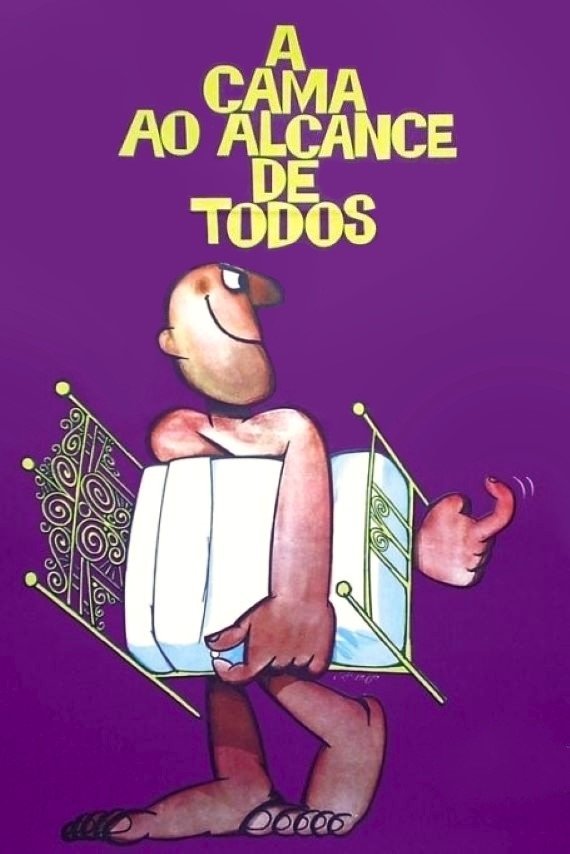
Leila Diniz
Leila Roque Diniz (25 March 1945 – 14 June 1972) was a Brazilian television, movie and theatre actress, whose liberal ideas and attitudes about sex had raised the discontent of both the feminists and the Brazilian military government of the 1960s. Born in a middle-class family and the daughter of a communist activist, Leila worked as a kindergarten teacher at age 15. At age 17, she met movie director Domingos de Oliveira, with whom she lived until age 21. Between 1962 and 1964 she had minor roles on stage. In 1965, Diniz started working in television, where she made several telenovelas and various commercials. In 1967, she also started to make movies. She died on 14 June 1972, aged 27, at the peak of fame, coming back from a movie festival in Australia, where she won a Best Actress award for the movie Mãos Vazias ("Empty Hands"), in the Japan Airlines Flight 471 crash in India.
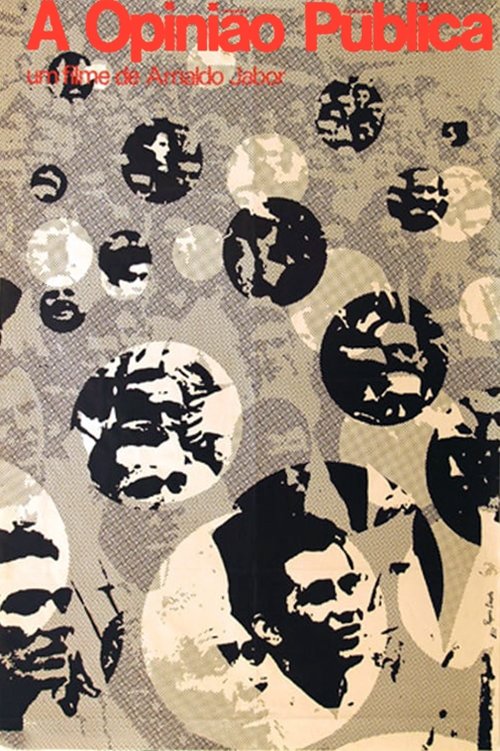
A Public Opinion

Celebração - 100 Anos do Cinema Nacional
(Self)
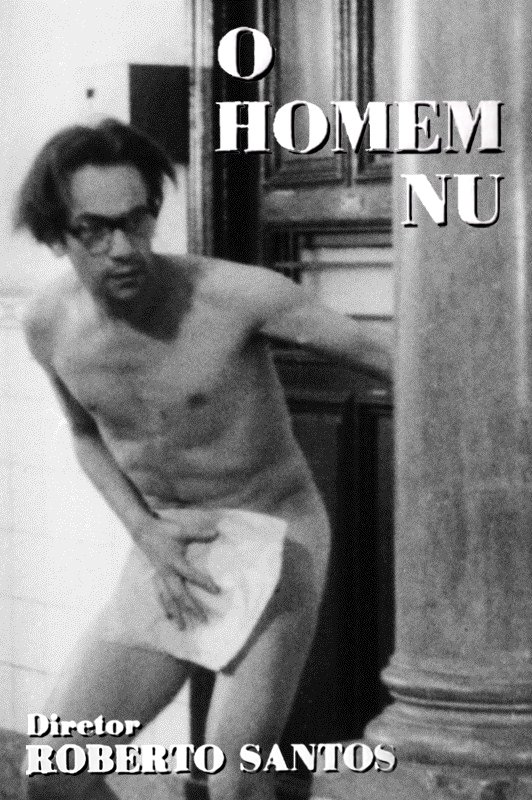
The Naked Man
(Mariana)
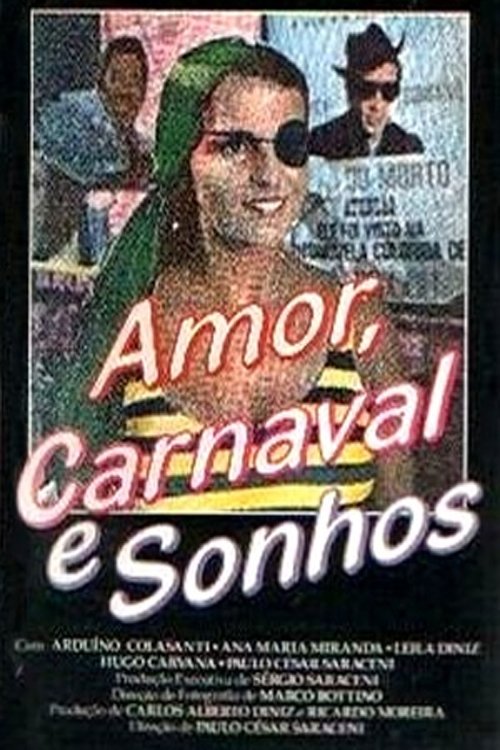
Love, Carnival and Dreams
(Pirata)
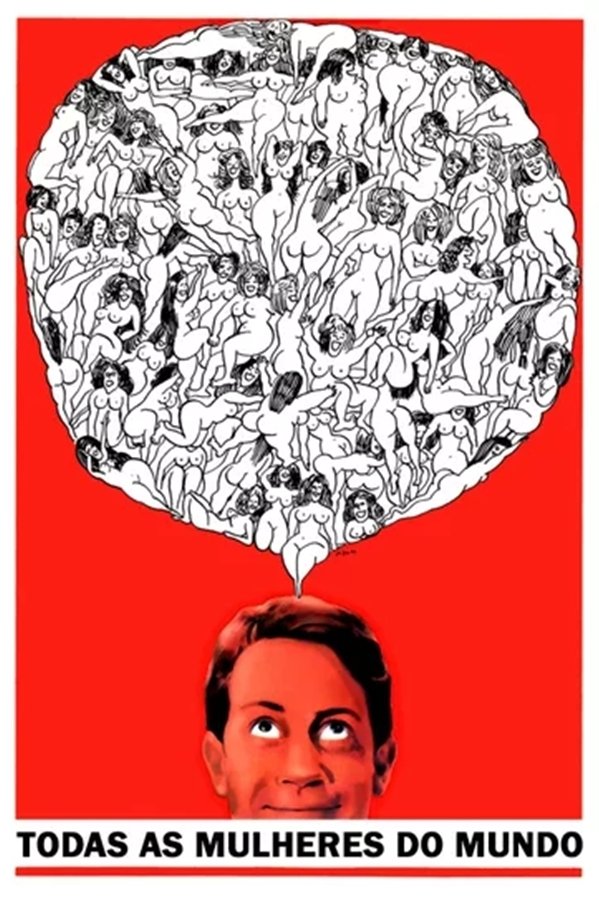
All the Women in the World
(Maria Alice)
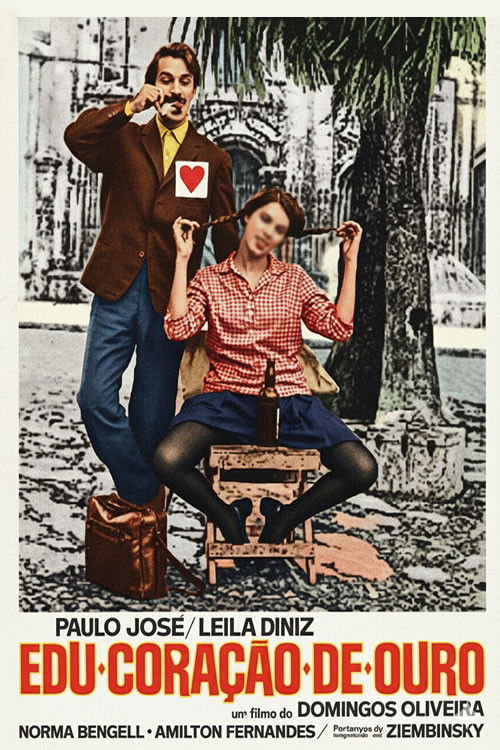
Edu, Coração de Ouro
(Tatiana)
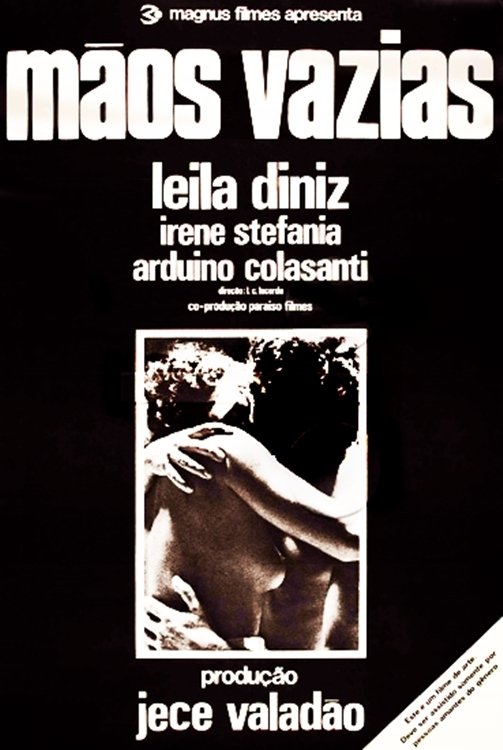
Mãos Vazias
(Ida)
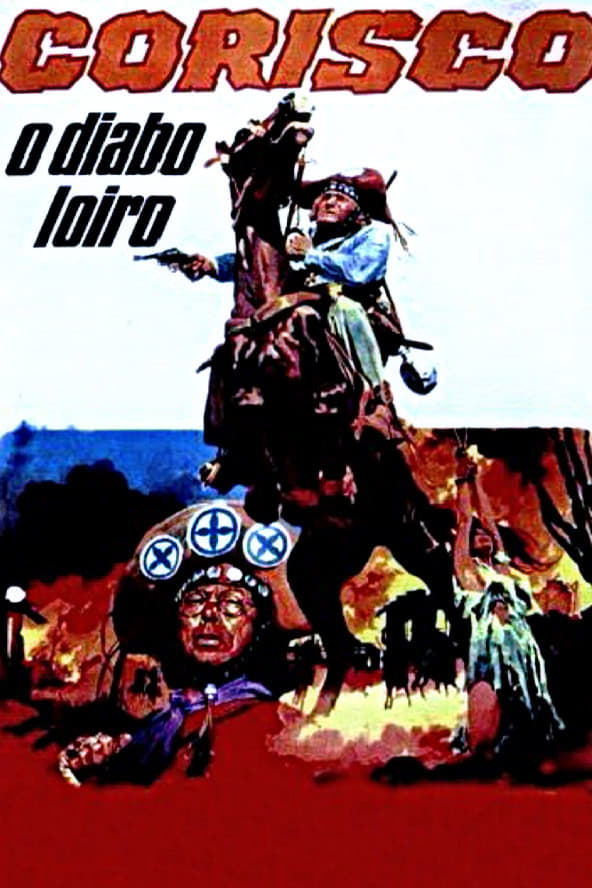
Corisco, o Diabo Loiro
(Dadá)
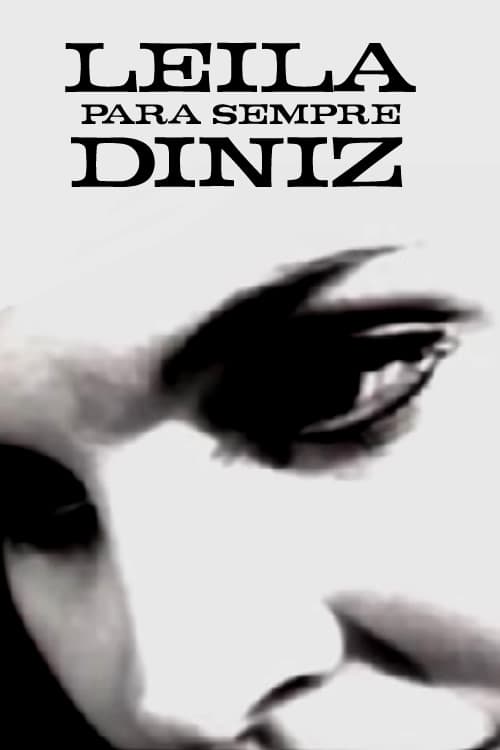
Leila Para Sempre Diniz
(Self (archive footage))
O Donzelo
(Leila)
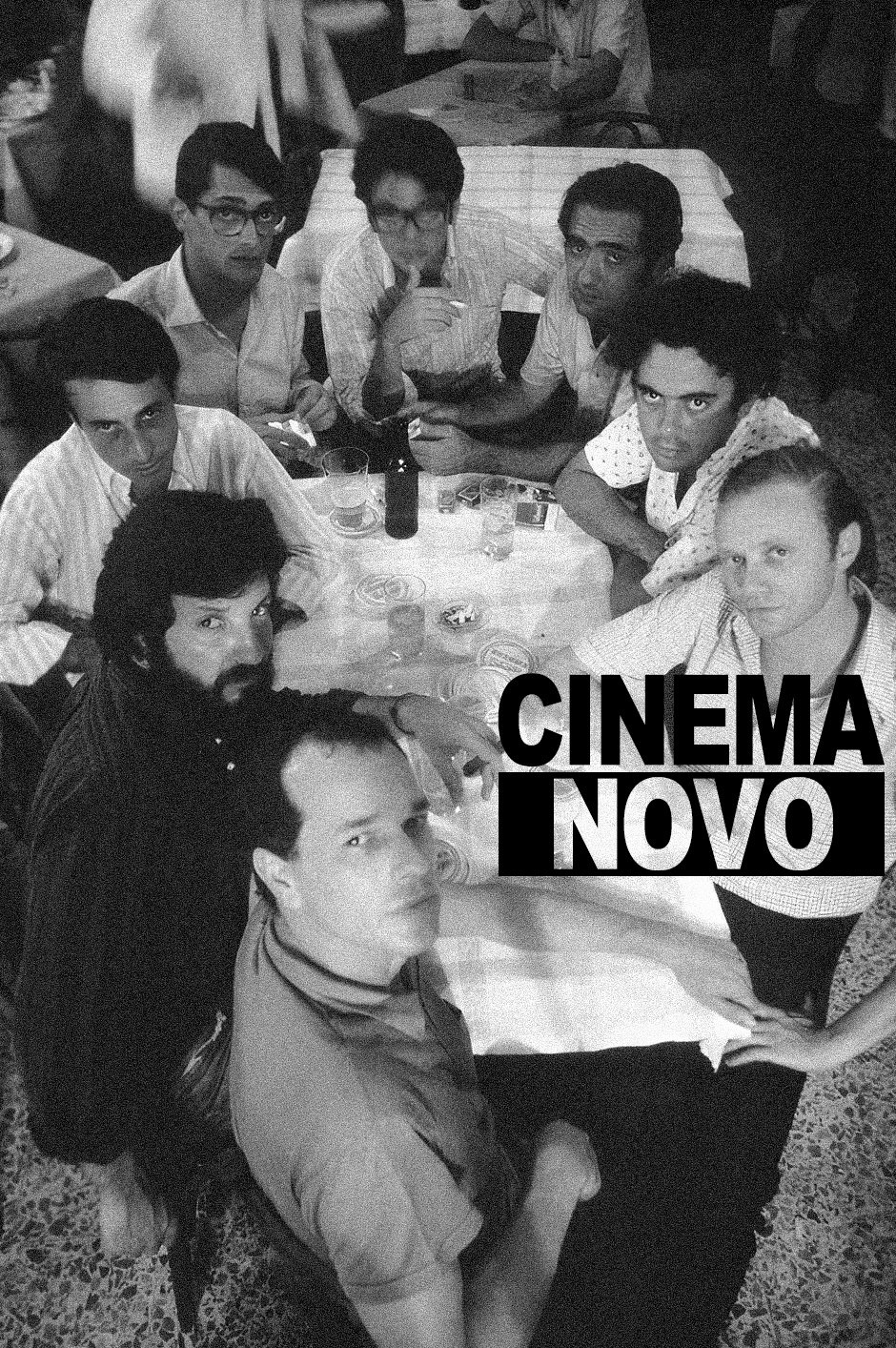
Improvised and Purposeful: Cinema Novo
(Self (archive footage))
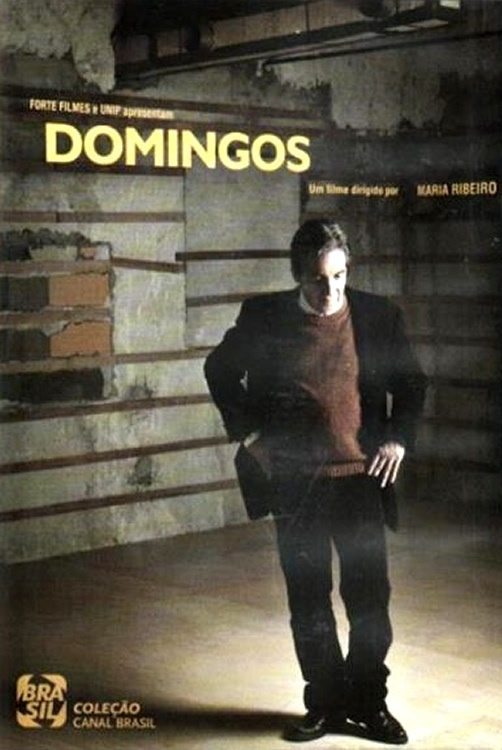
Domingos
((archive footage))
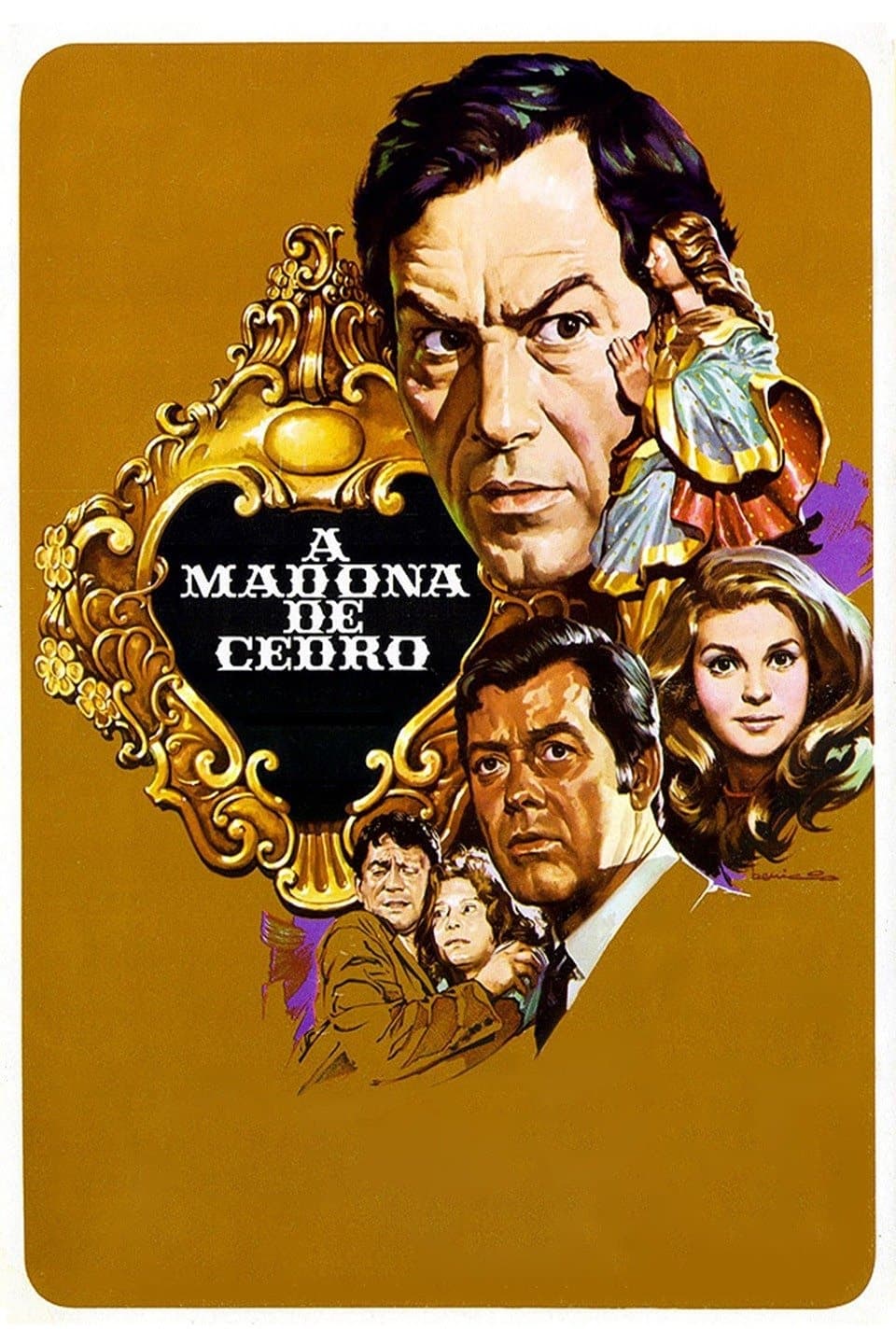
A Madona de Cedro
(Marta)
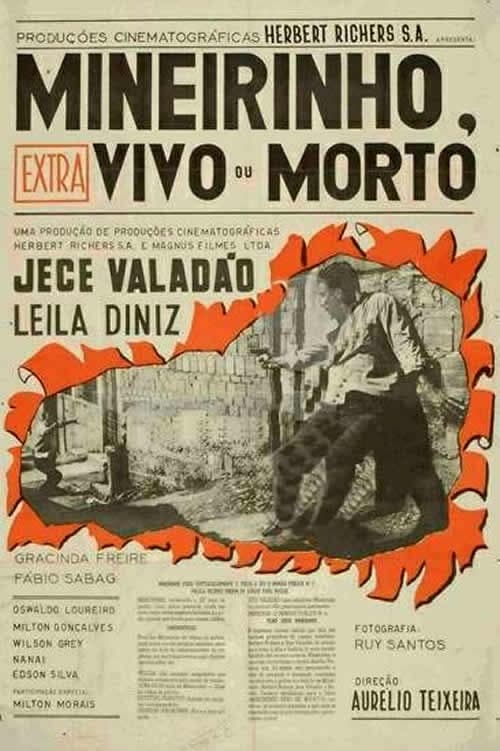
Mineirinho, Vivo ou Morto
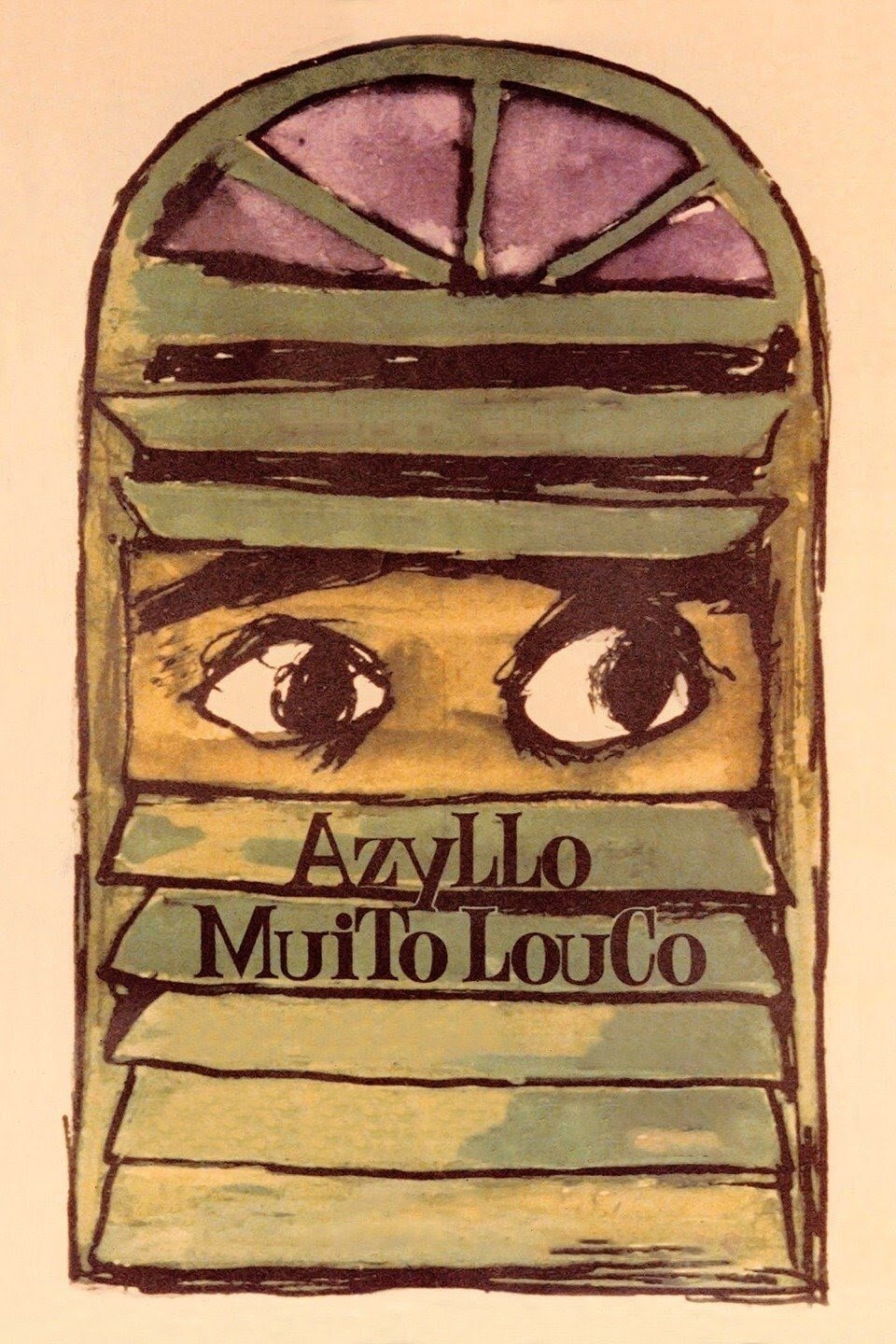
The Alienist
(Eudóxia)

Os Paqueras
(Ela mesma)
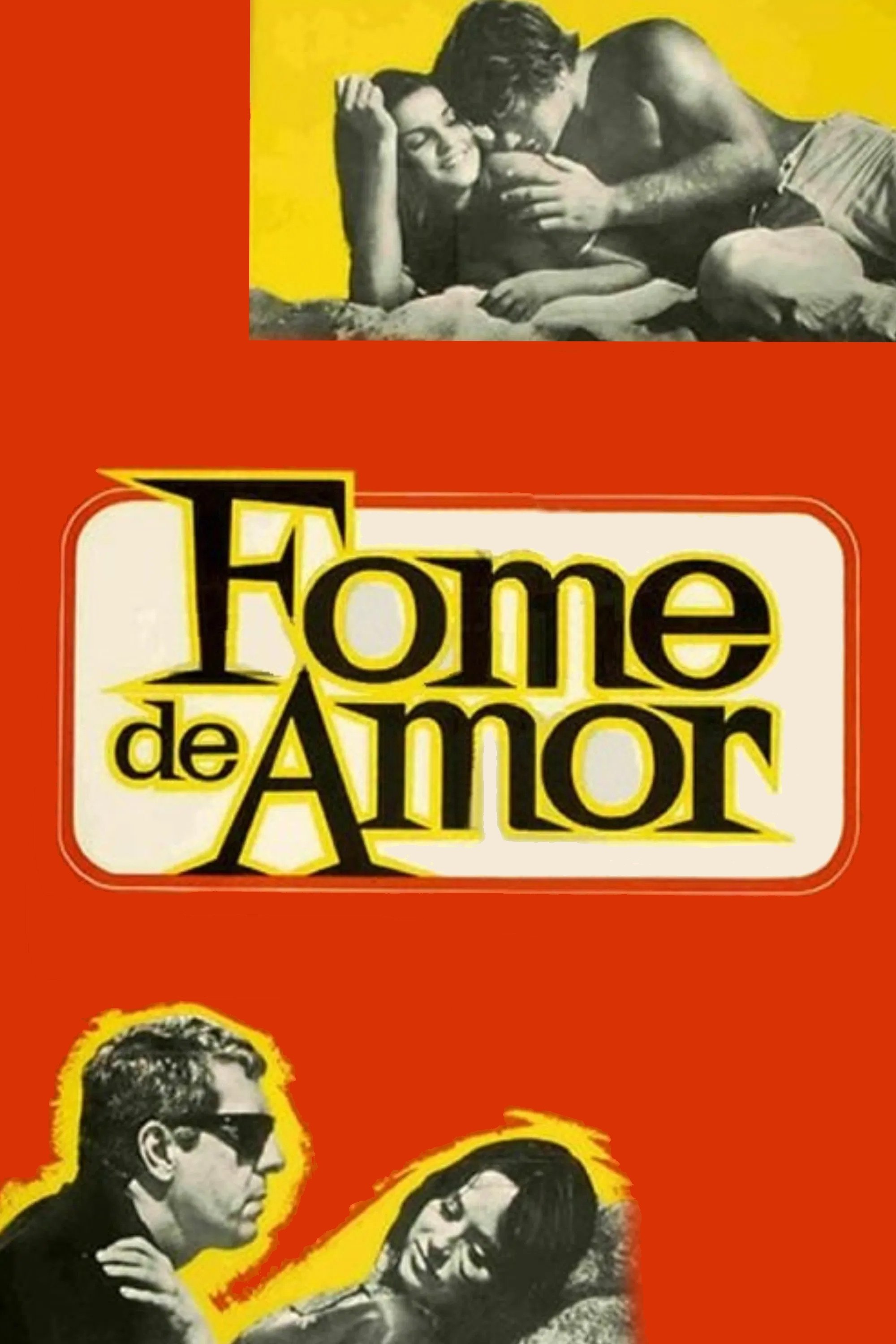
Hunger for Love
(Ulla)
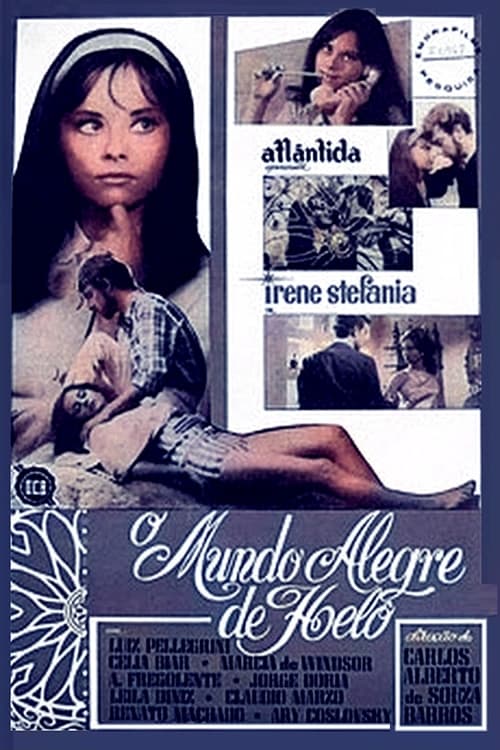
O Mundo Alegre de Helô
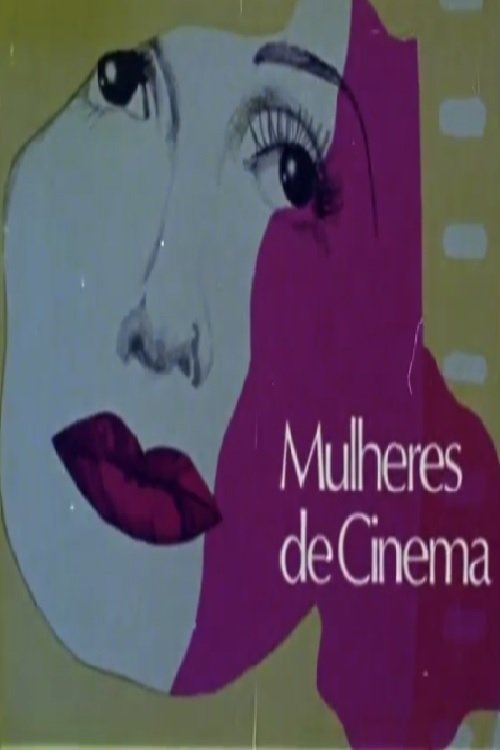
Mulheres de Cinema
(Self (archive footage))
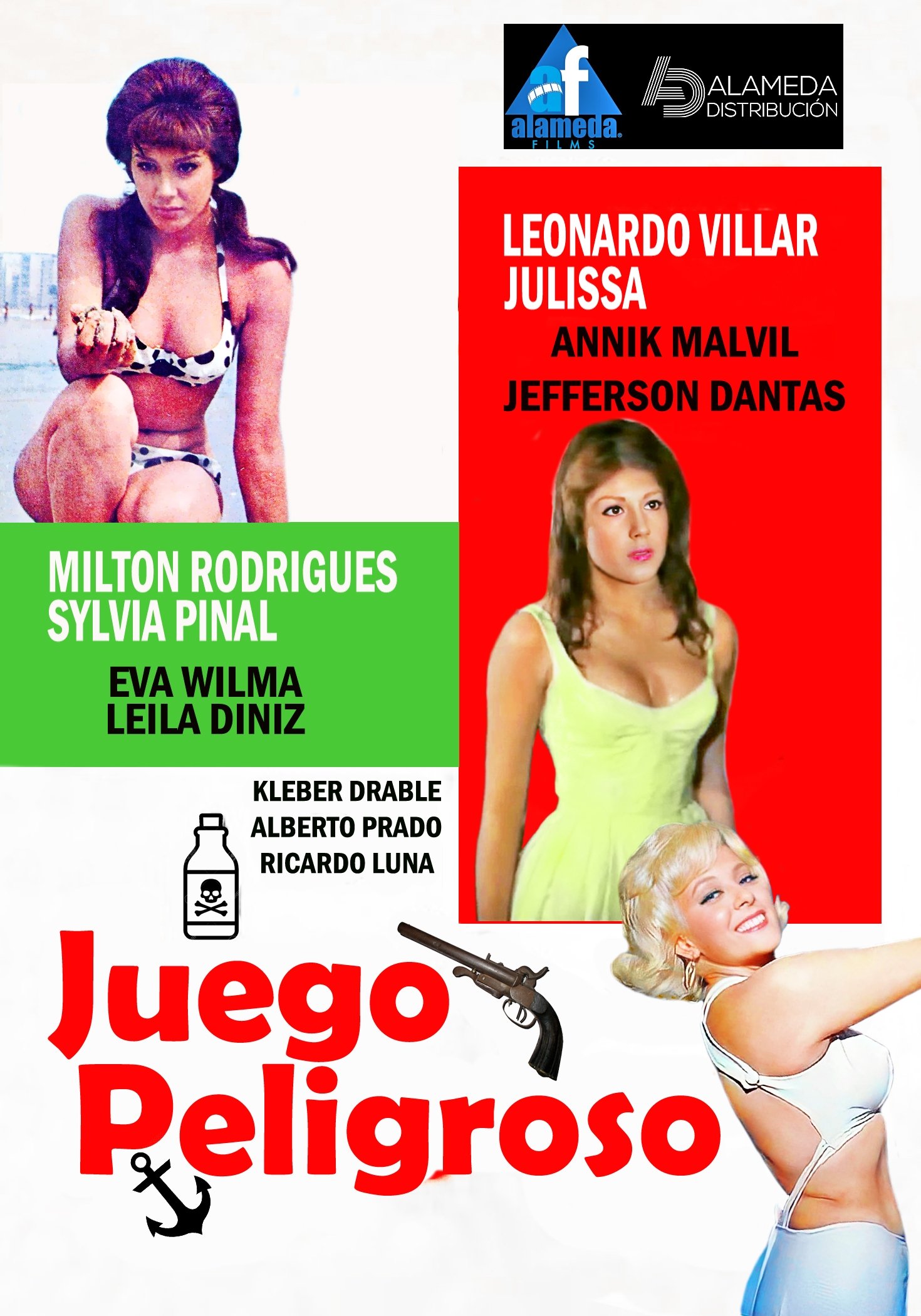
Dangerous Game
(Servant (segment "Divertimento"))
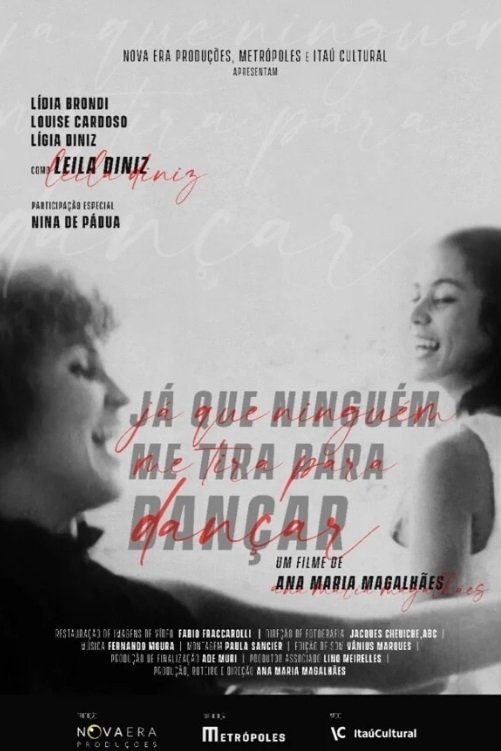
Já que Ninguém me Tira Para Dançar
(Self (archive footage))
Fantasia para Ator e TV
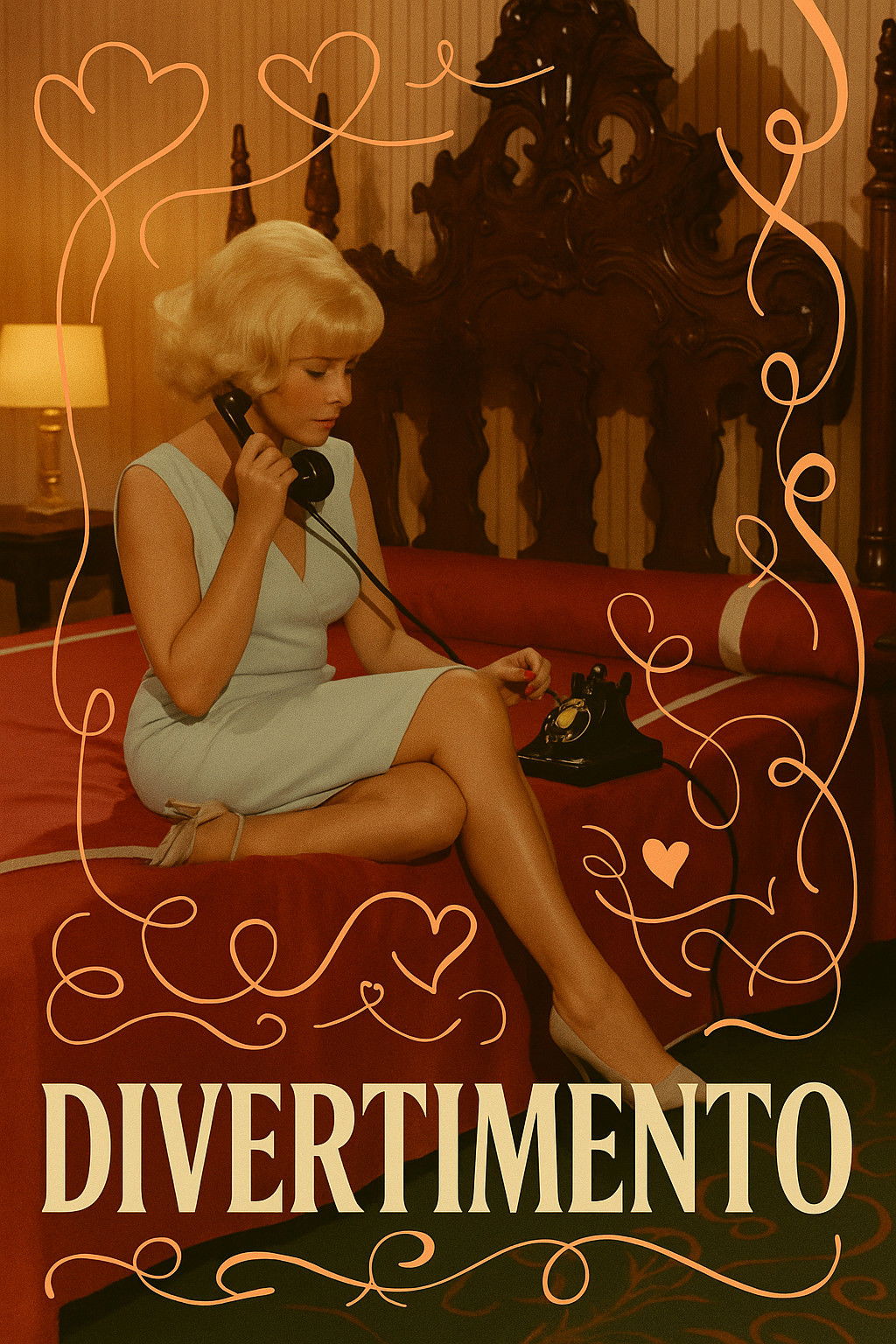
Divertimento
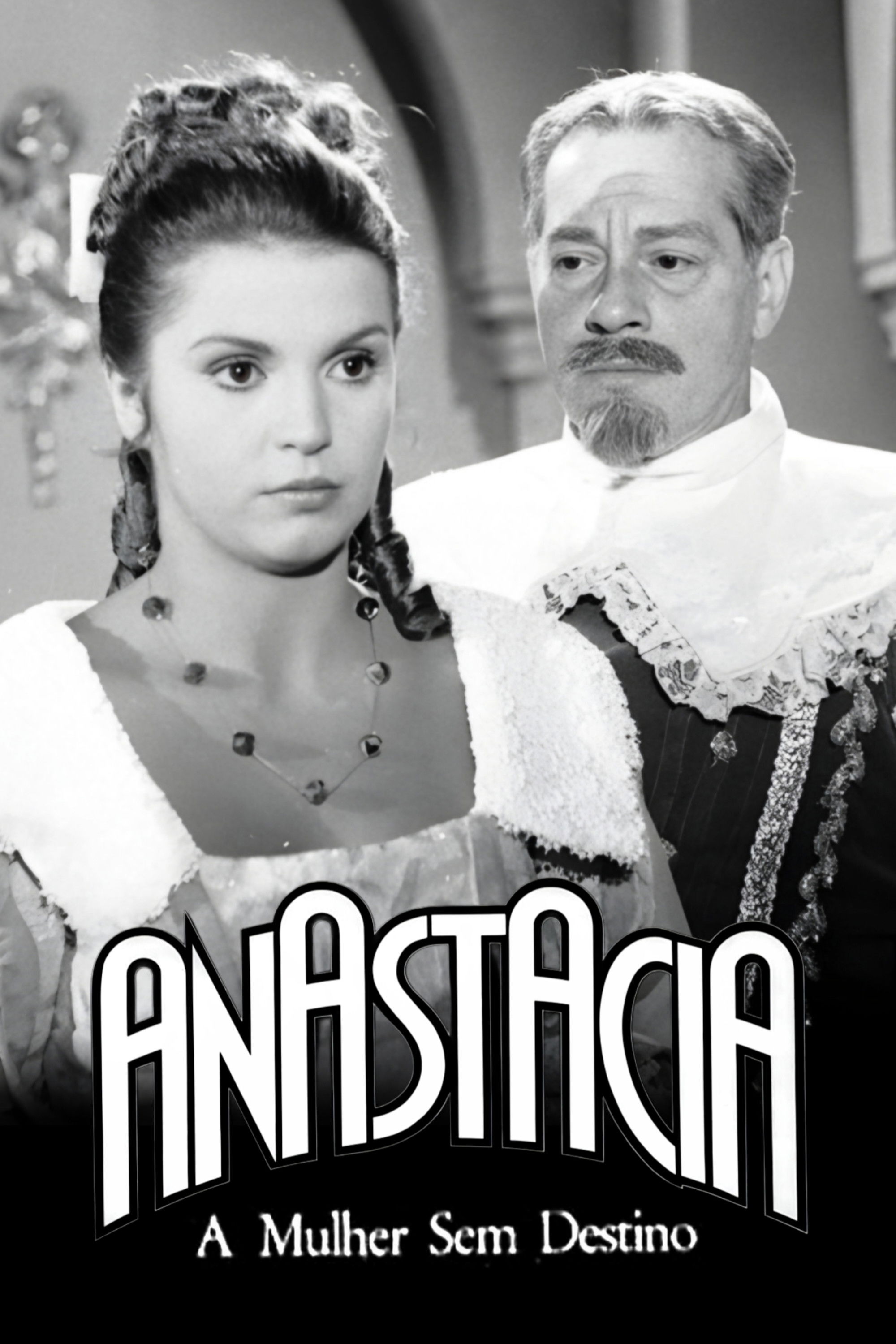
Anastácia, a Mulher sem Destino
(Anastácia / Henriette / Rose)
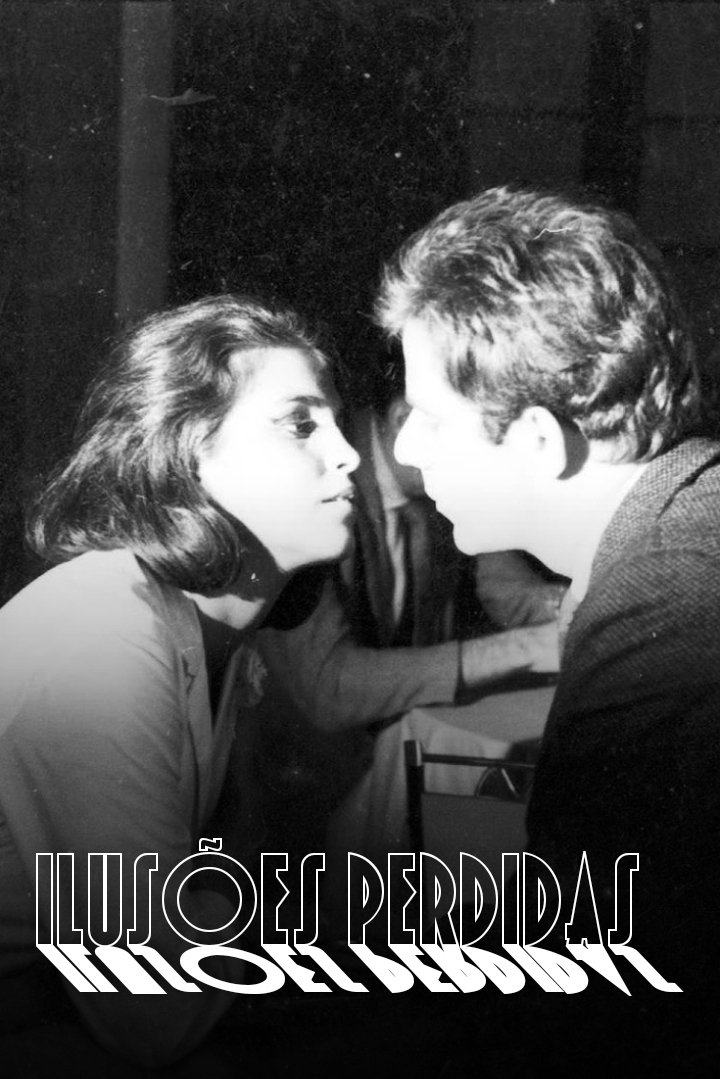
Ilusões Perdidas
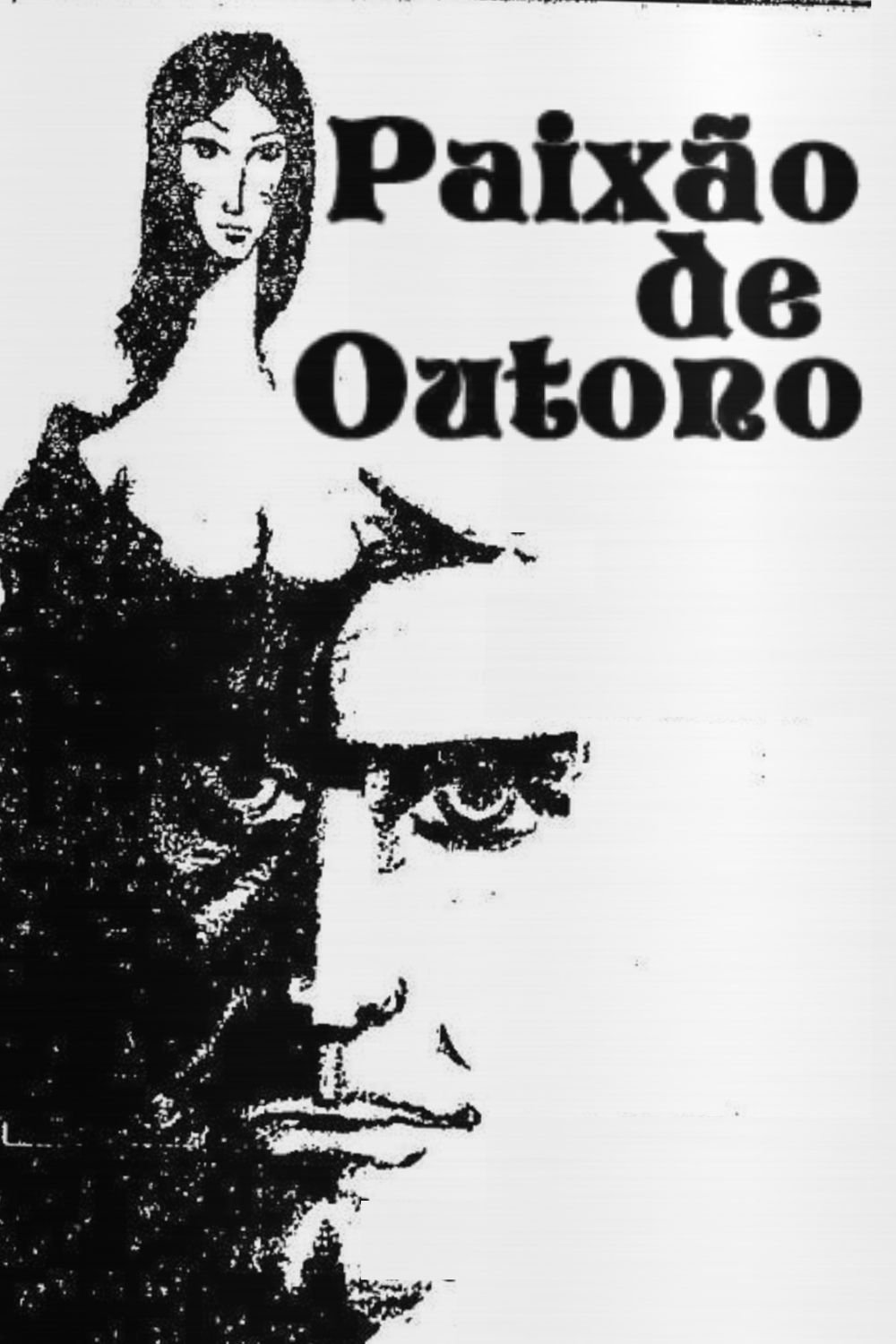
Paixão de Outono
(Maria Luísa)
A Menina do Veleiro Azul
(Ester)
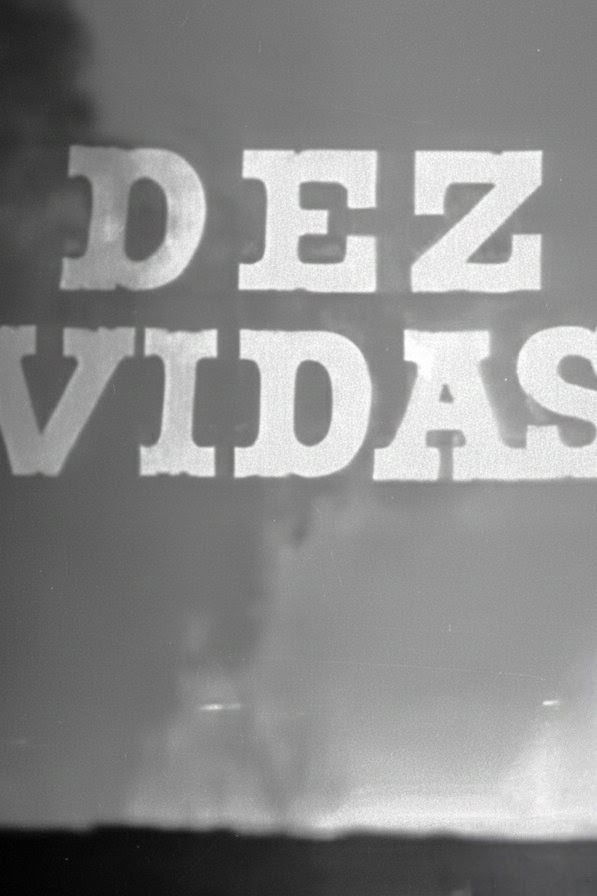
Dez Vidas
(Pompom (2ª versão))
Os Acorrentados
(Irmã Amparo de Fátima)
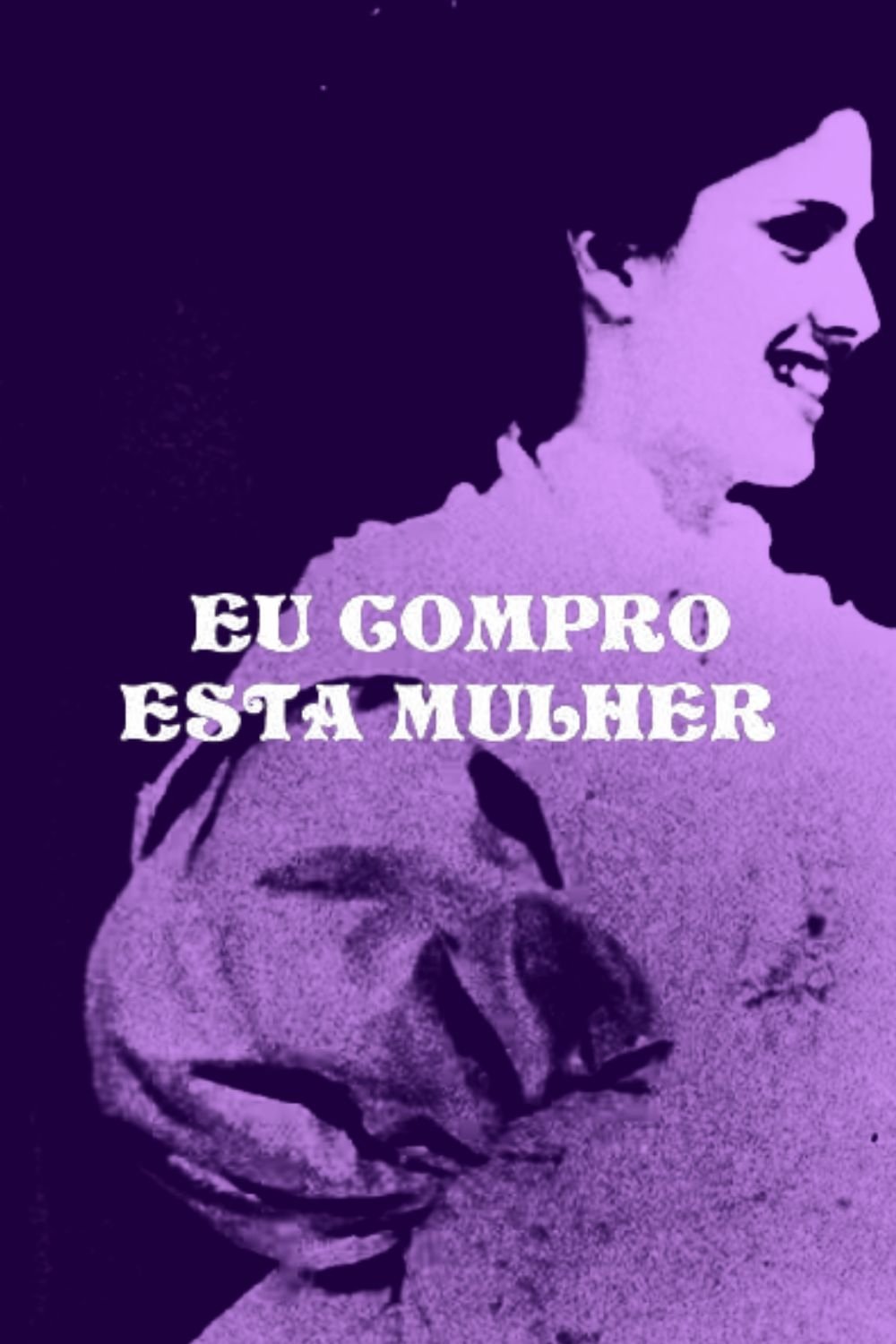
Eu Compro Essa Mulher
(Úrsula)
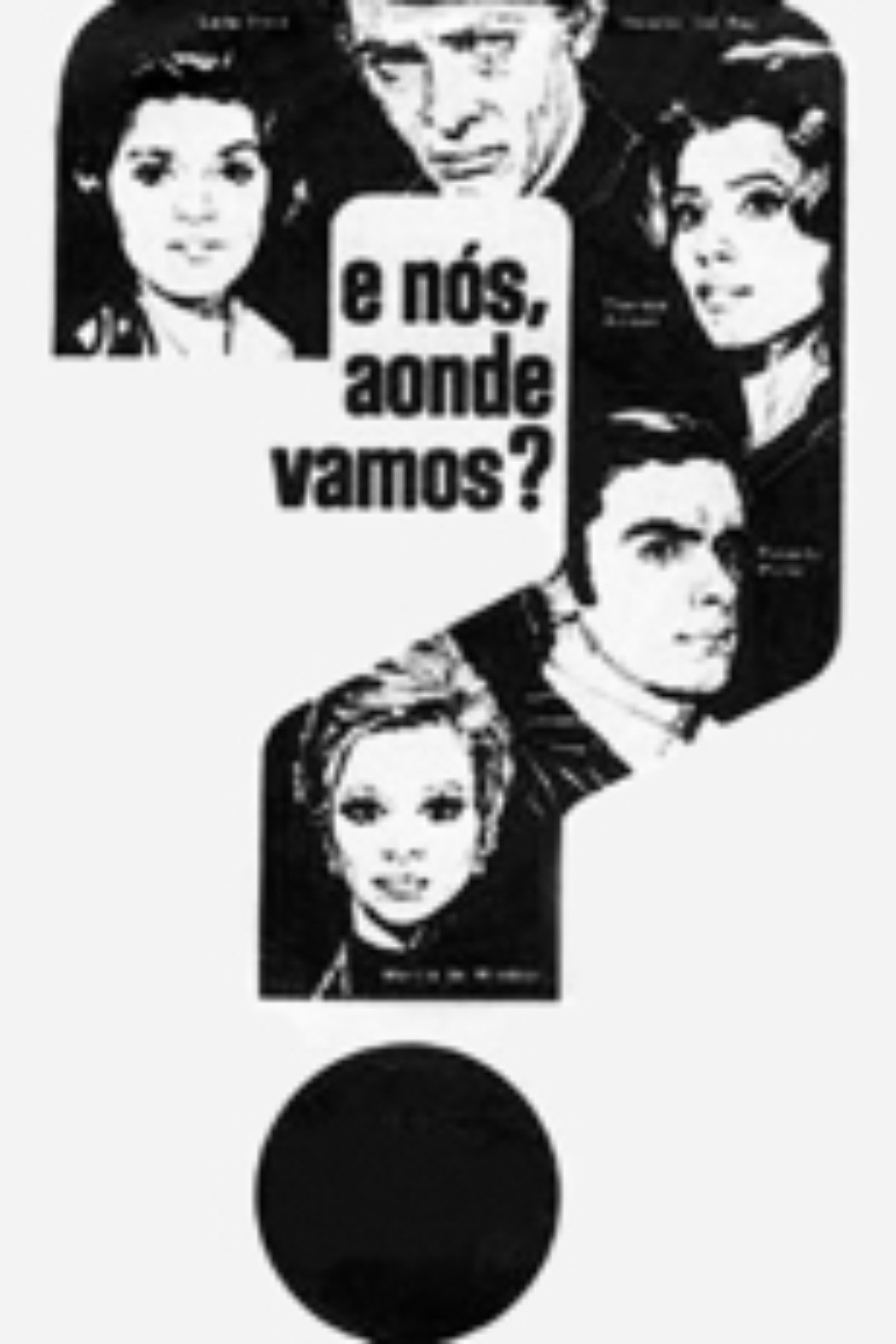
E Nós, Aonde Vamos?
(Sônia Monteiro)
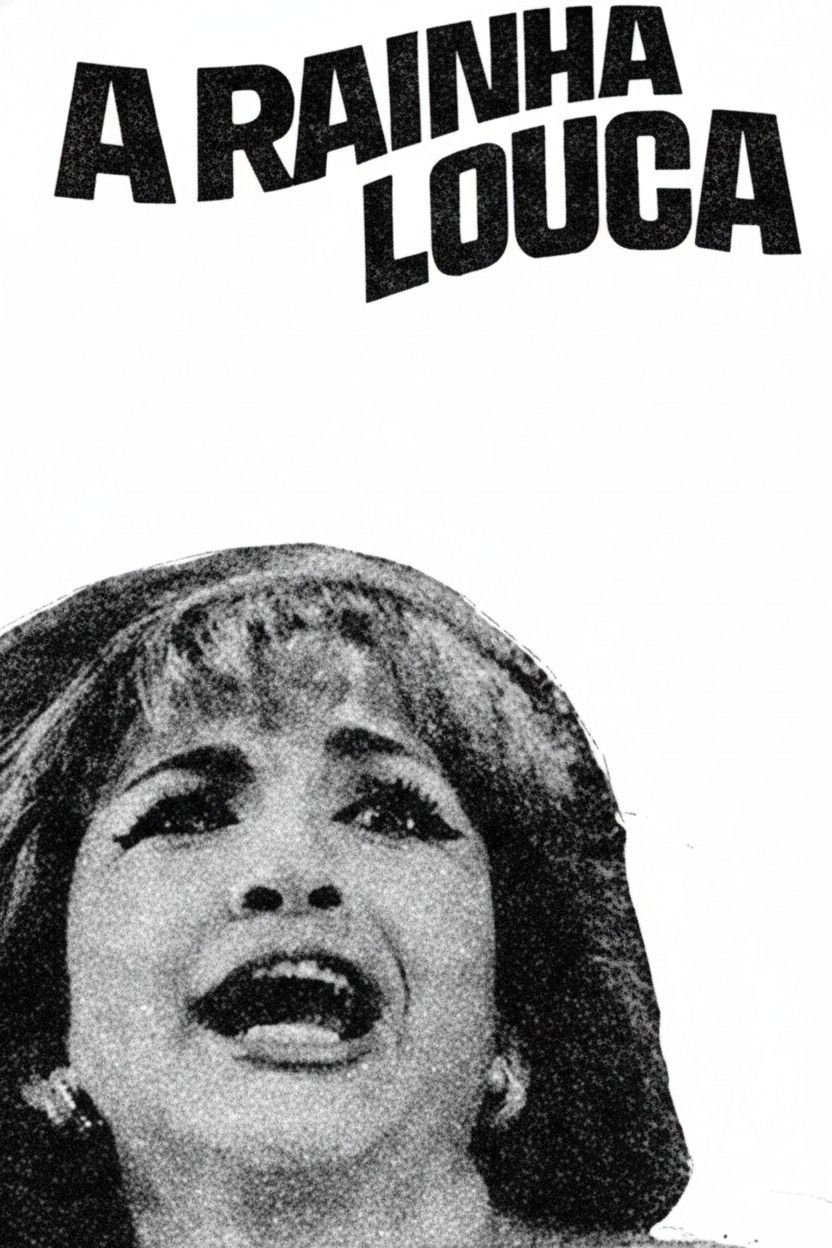
A Rainha Louca
(Lorenza)
